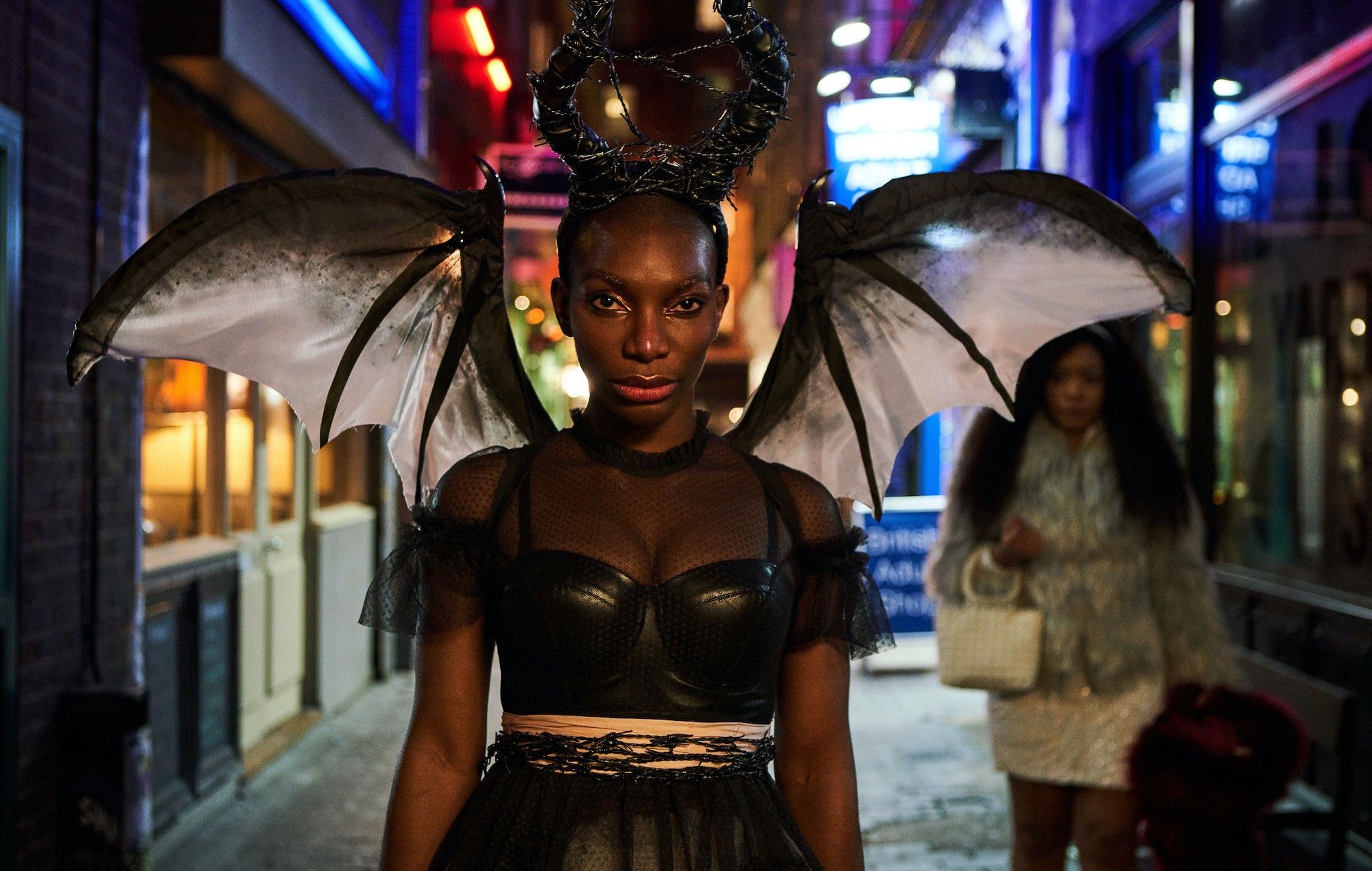The Horror Of Minorities Making Art
Watching ‘I May Destroy You’

Watching films (or TV) made by women or black people is horrifying. For diversity within this article, I have included my wife’s notes in caps or code. For me it started with Jordan Peele’s Get Out, but the latest is MICHAELA COLE’S (NOTICE HOW YOU USE PEELE’S NAME BUT NEVER HERS? EVEN THOUGH YOU’RE TALKING ABOUT HER SHOW?) I May Destroy You.
It does.
Rape — as told through the usual white/male gaze — is something which happened, and then two cops sort it out. The woman is either dead and glazed on the floor, or suitably weeping and consoled. But not central. Because that would be horrifying. Honestly, more time is usually spent on the rapist.
In IMDY, however, the story is told and written by the black, female, victim and it is terrifying. The horror of IMDY is that it feels like a funny millennial friend drama and then oh shit, rape. We go through Arabella’s flashbacks with her, and I feel suitably traumatized. It also goes through the nuances of consent with no clear answers. It’s deeply disconcerting.
I contrast this to my prior experience with, say, serial killer/rapist dramas where it’s really all about the cops and the rapist. There may be a woman cop, but they are fundamentally playing a man’s role.
You see this in our society where all of the uproar about rape concerns the punishment of the rapist (“castrate them!”) but far less about the victim and — more importantly — preventing victims in the first place. Even in rape, the man is centered. It’s about what we can do to the man, not what we can do for the woman. It’s as if the woman is the possession of the state, and the state is justified in using violence to preserve its property.
Our societal reaction to rape is fundamentally that of an aggrieved man, mad that this happened to his woman. This carries over into TV and film.
IMDY subverts this. And this is vitally important. I May Destroy You makes us not voyeurs of rape. It makes us victims — AND/OR COMPLICIT?. This is why diversity in media is important. Not because it’s fair, but because by God, we’ve been getting the stories wrong. We’ve also been telling the same wrong story for decades, and it’s boring. IMDY is never boring, I’ll give you that.
When Get Out got out, it felt strange that the comedian was doing horror. But no. The black experience is horror. These are people who have been kidnapped, tortured and made sex slaves for generations. They are people who can be murdered in the street, or thrown into jail, or shackled and tossed around the back of vans until they die.
These stories are normally told through a white lawyer or white writer righting (or writing) one particular injustice, but this elides the sheer, monumental monstrosity of it all. Even when there are black protagonists, they are still showing the exception, and this actually preserves the rule. Viewers can leave the experience feeling like that was bad, but things are OK, but that’s not true. The true experience is unrelenting horror.
Lovecraft Country also captures this. In that pulpy sci-fi romp that monsters are actually less scary than the white people. You’re relieved when they arrive. It’s vitally important that this type of film (TV is movies) is out there, and that it is crossing genre lines, because the sappy rape or race drama was fundamentally propaganda. Horror is the truth.
To be honest, my wife has to basically make me watch IMDY because I find it so difficult. I don’t like horror at all and get scared if someone even jumps out during a movie. On roller-coasters I look at my feet because I get scared. IMDY gets me by everything being funny and chill and friends and then BOOM! Rape jumps out.
Or is it, more generally, that boundaries are violated in both overt and insidious ways? Cole shows that rape isn't just a binary act; there are many ways in which you can be violated - or violate. And boundaries aren't always clearly defined or even understood. She complicates these questions and denies us the comfort of sifting characters into heroes and villains - good and bad.It scares the shit out of me. As a majority male (where I live) it thrusts me way out of my comfort zone. There are literally scenes where I have to hide my head. It’s not the violence, of which there isn’t much. It’s the perspective. I can no longer watch. It’s too much to feel.
And yet we must. We must feel that horror, not the cold comfort of a procedural drama where the procedure even works. Not from the perspective of cops, who are frankly more likely to be rapists than solving them. And not the perspective of everything’s going to be OK (note, I haven’t seen the end).
Everything’s not OK. Everything hasn’t been OK. Majorities have been dropping in on this horror as tourists, but now the natives are making their own media and it’s both powerful and terrifying. I can feel this new wave of filmmaking because it makes me physically uncomfortable. I May Destroy You? Yes, you did.